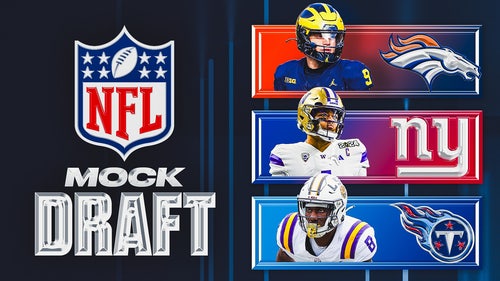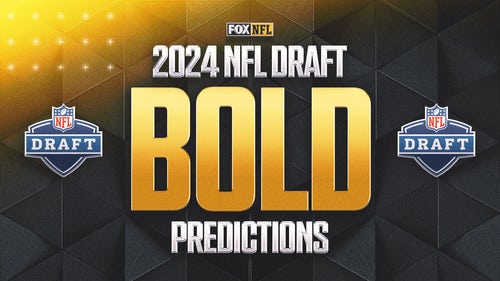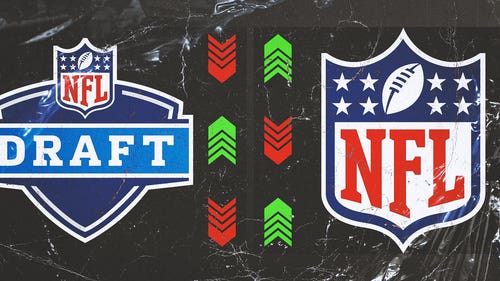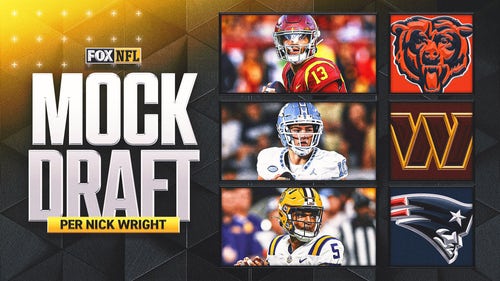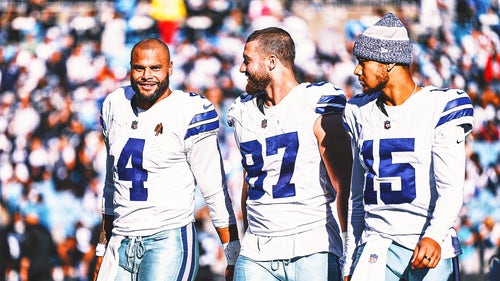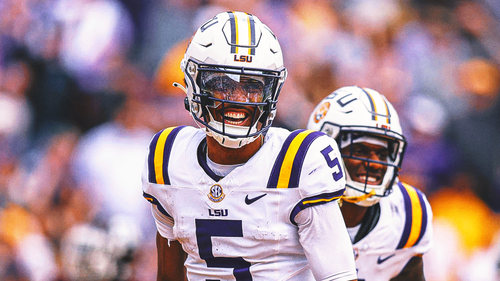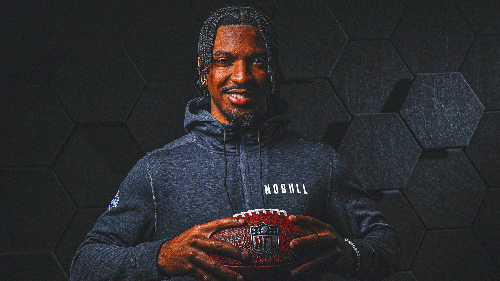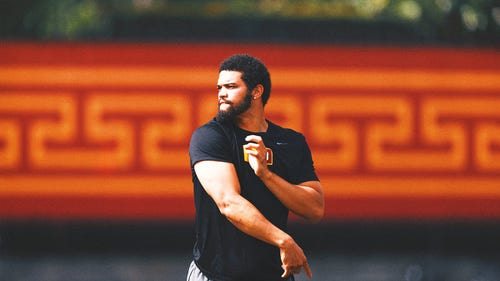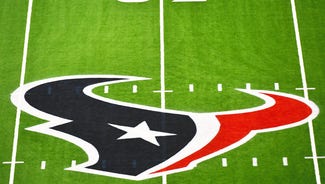
NFL takes strides to change culture
Remember when Pittsburgh Steelers linebacker James Harrison crushed Cleveland quarterback Colt McCoy last year on an illegal helmet-to-helmet hit?
That’s a glancing blow compared to the public-relations beating the NFL is taking.
More than 2,000 former players have filed lawsuits claiming the league was negligent in handling their concussions. Damning audio surfaced of ex-New Orleans Saints defensive coordinator Gregg Williams telling his unit to injure San Francisco 49ers players during the postseason. Even former stars like Kurt Warner have expressed hesitation about letting their own children play because of the long-term damage it may cause.
But after being pummeled from all angles on health and safety matters this offseason, the NFL is starting to fight back.
The first media briefing from the league’s spring meeting in Buckhead, Ga., trumpeted NFL efforts in trying to change the culture of an inherently violent game as well as helping some former players better deal with the often difficult transition into post-football life.
Team owners and management spent most of Tuesday morning being briefed on new medical initiatives. Speakers on those topics included former U.S. surgeon general David Satcher and NFL vice president of player engagement Troy Vincent.
During the news conference, Vincent declared that “the days of, ‘Tough it out. Get up. Suck it up,’ are over.”
Not so fast.
NFL commissioner Roger Goodell continues to receive player resistance in his attempts to alter what Vincent described as a misguided “macho” approach to handling both the physical and emotional issues that come with being in the league. That group, as well as a sizeable number of fans attracted by the NFL’s brutality, wants the league to continue featuring the kinds of hits and practices that helped lead to the concussion-related lawsuits threatening its financial stability.
The push-back against Goodell doesn’t end there. NFL owners voted Tuesday to make thigh and knee pads mandatory for the 2013 season. The vote goes against the wishes of players, who prefer not to use them even if it may make them more susceptible to injury. The NFL Players Association plans to file a grievance claiming that the initiative violates the Collective Bargaining Agreement.
For their involvement in a Saints bounty program that allegedly targeted the opposition, Goodell levied seven suspensions “to protect player safety and the integrity of our game.” Four of those players have filed appeals, with one suing Goodell directly for defamation while claiming not enough evidence was provided to justify such punishment.
Vincent, too, knows that comments from other players about the NFL becoming soft further undermine Goodell’s endeavors. Harrison — the first player ever suspended for a helmet-to-helmet hit after concussing McCoy — is particularly outspoken. Besides calling him a “crook” and “a devil” during a 2011 Men’s Journal interview, Harrison mocked Goodell at Super Bowl XLV by suggesting that the NFL should “lay pillows down where I tackle (players) so they don’t get hurt when they hit the ground.”
When the Men’s Journal article surfaced, Vincent said he called Steelers player development director Ray Jackson to suggest “there has to be a better way” for Harrison to express himself.
Maybe the suicide of linebacker Junior Seau will enlighten Harrison and those who feel the same way about Goodell’s initiatives.
Seau’s death and the unknown circumstance behind it continues to hang over the league like a dark cloud. Speculation has centered upon potential brain damage from football-generated concussions — none of which were ever documented on injury reports during Seau’s 20 NFL seasons — and anxiety brought on by the personal, professional and financial adjustments that come when exiting the league.
Legal counsel Jeff Pash announced that the NFL will be doing more research into player suicides, helmet improvement and ways of developing an “intervention program to make sure we have more effective outreach for our retired player population.” To that end, NFL officials met last week with members of the National Institute on Mental Health, the Veterans Administration and related private agencies.
“It allowed us to become a partner in a broader subject,” Vincent said of Seau’s suicide. “NFL players are not exempt from those things in normal society.”
Normalcy, though, is a relative term for NFL players. They are well aware of the risks and rewards that come with playing the sport.
Some will leave wealthy and with relatively minor health problems. Some will be broken physically, spiritually and financially. Most will fall somewhere in between.
But if the NFL has its way, all future players will have this in common — a better chance of avoiding the problems from prior generations that Goodell must now handle.






































































































































